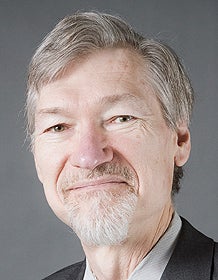Abstract
In 2016 the American Bar Association adopted a new Rule 8.4(g) in its Model Rules of Professional Conduct. The rule provides, inter alia, that a lawyer may not “engage in conduct that the lawyer knows or reasonably should know is harassment or discrimination on the basis of” several listed factors “in conduct related to the practice of law.” Comment 3 to the new rule provides that “discrimination” in the rule “includes harmful verbal or physical conduct that manifests bias or prejudice towards others.”
The new rule effects several major changes. It extends its prohibition to behavior that a lawyer does not know, but “reasonably should know,” violates the rule. It expands the list of prohibited bases for discrimination. Most significantly, it expands the scope of covered activities from conduct that is “prejudicial to the administration of justice” or that occurs “in the course of representing a client” to encompass all “conduct related to the practice of law.”
The new rule raises several problems, the biggest of which are a breadth and vagueness that clearly threaten conduct protected by the First Amendment; its viewpoint discrimination, which also violates the First Amendment; and its potential to be applied selectively as a partisan political weapon. One wonders how the august ABA could have approved such a blatantly unconstitutional stricture.
Keywords
Constitutional law, First Amendment, Free Speech, Professional Responsibility
Publication Date
2017
Document Type
Article
Place of Original Publication
Notre Dame Journal of Law, Ethics & Public Policy
Repository Citation
Dent, George W., "Model Rule 8.4(g): Blatantly Unconstitutional and Blatantly Political" (2017). Faculty Publications. 2012.
https://scholarlycommons.law.case.edu/faculty_publications/2012

